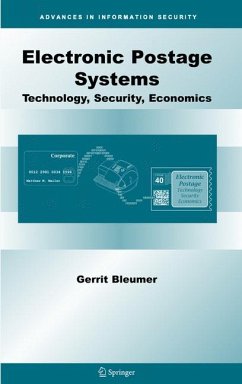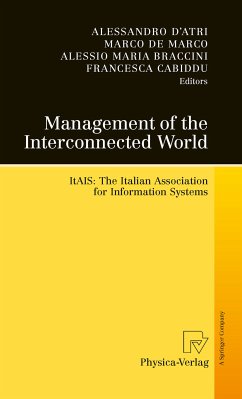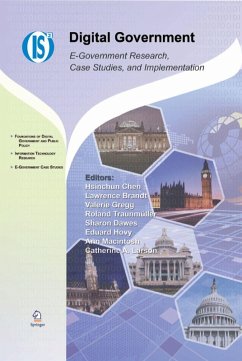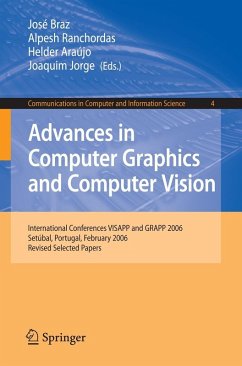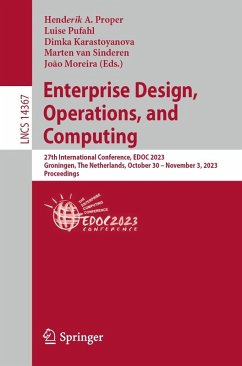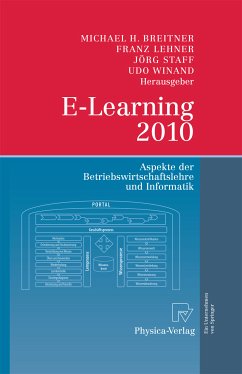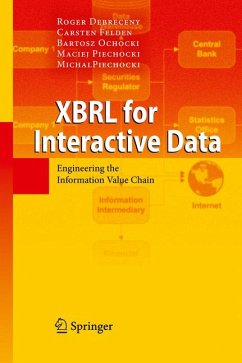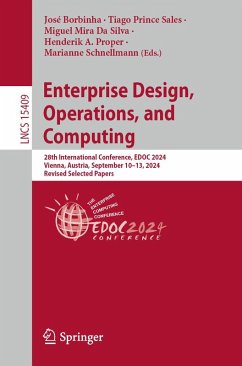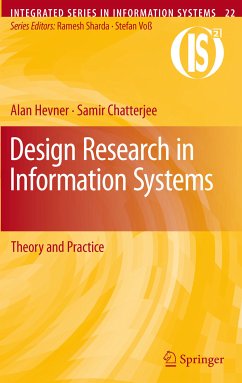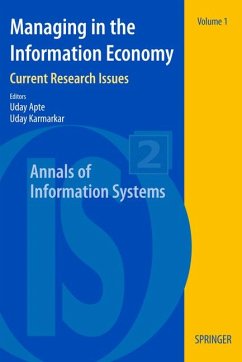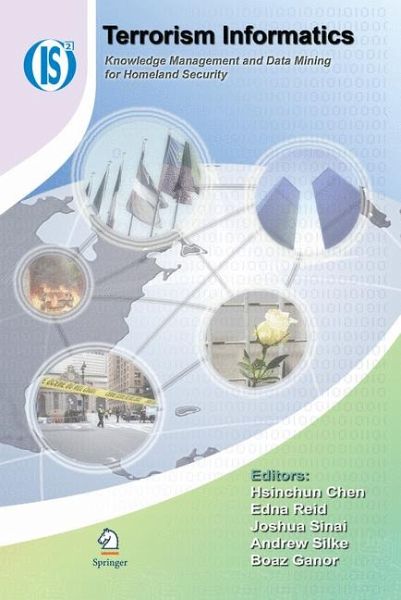
Terrorism Informatics (eBook, PDF)
Knowledge Management and Data Mining for Homeland Security
Redaktion: Chen, Hsinchun; Ganor, Boaz; Silke, Andrew; Sinai, Joshua; Reid, Edna
Versandkostenfrei!
Sofort per Download lieferbar
80,95 €
inkl. MwSt.
Weitere Ausgaben:

PAYBACK Punkte
40 °P sammeln!
This book surveys the state-of-the-art of terrorism informatics, It covers the application of advanced methodologies and information fusion and analysis. It also lays out techniques to acquire, integrate, process, analyze, and manage the diversity of terrorism-related information for international and homeland security-related applications. It first tackles methodological issues that impact trends, achievements, root causes, and failures in terrorism research within the context of the methods of retrieving and developing, sharing, and implementing methodologies and resources. The book next det...
This book surveys the state-of-the-art of terrorism informatics, It covers the application of advanced methodologies and information fusion and analysis. It also lays out techniques to acquire, integrate, process, analyze, and manage the diversity of terrorism-related information for international and homeland security-related applications. It first tackles methodological issues that impact trends, achievements, root causes, and failures in terrorism research within the context of the methods of retrieving and developing, sharing, and implementing methodologies and resources. The book next details three major areas of terrorism research: prevention, detection, and established governmental responses to terrorism. It systematically examines the current and ongoing research, including recent case studies and application of terrorism informatics techniques. The coverage then goes into the critical and relevant social/technical areas to terrorism research including social, privacy, data confidentiality, and legal challenges.
Dieser Download kann aus rechtlichen Gründen nur mit Rechnungsadresse in A, B, BG, CY, CZ, D, DK, EW, E, FIN, F, GR, HR, H, IRL, I, LT, L, LR, M, NL, PL, P, R, S, SLO, SK ausgeliefert werden.



